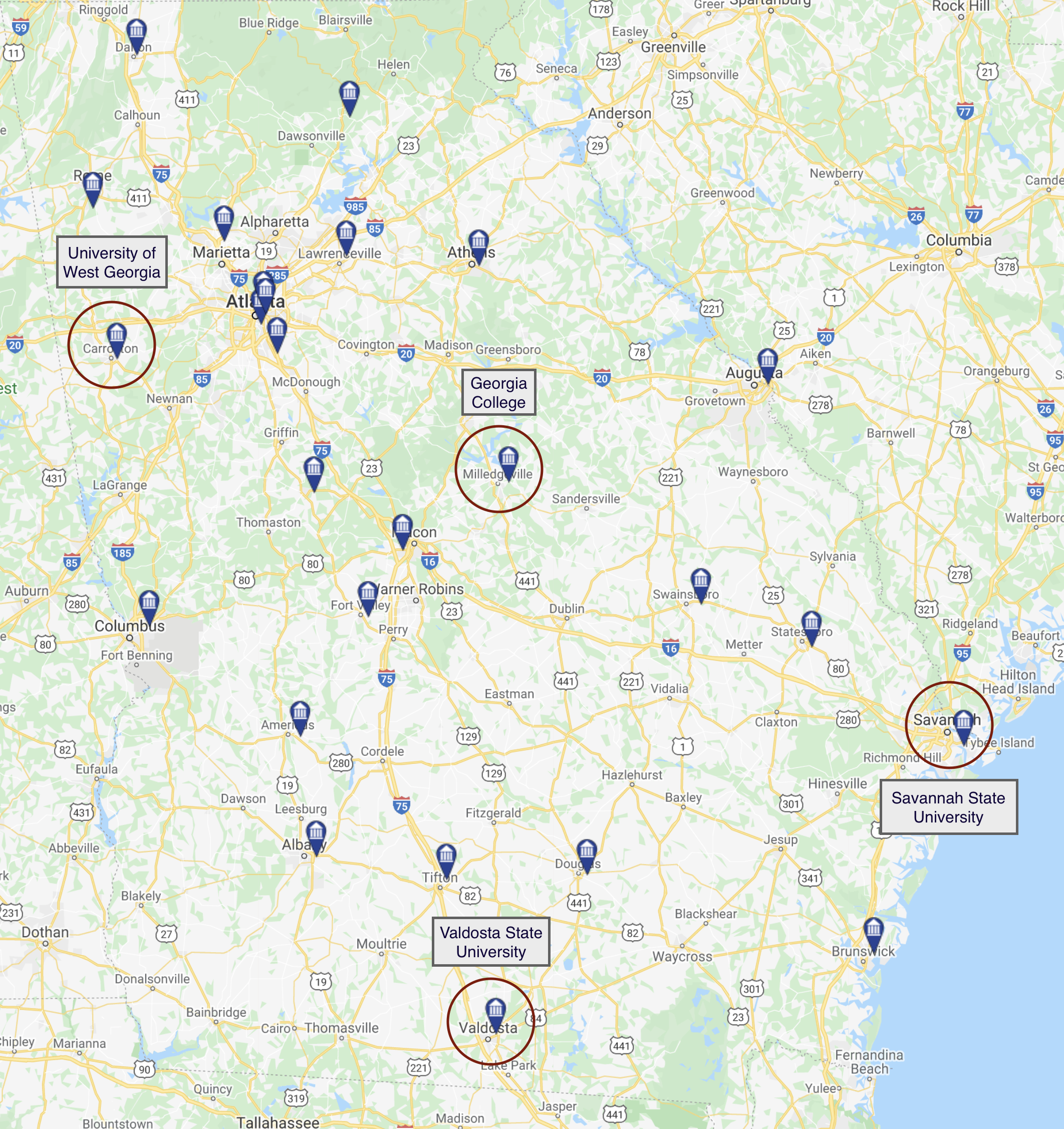
After participating in the virtual part of the conference, come gather in person at regional events to cap off the conference!
On Friday, April 1, 2022, take a short drive to a USG institution near you to join a discussion-based workshop and luncheon with a nationally renowned scholar of teaching and learning. This is a unique opportunity to meet the author, engage in face-to-face professional development, and build community with colleagues and teaching centers across the USG. The regional event will also include getting to know a different culture in the state of Georgia with a special outing to an area arts center, museum, or historical site.
Each regional event runs from 11 a.m. to 4 p.m., with an optional happy hour afterward that is not sponsored by the USG.
The cost of attending a Regional Event is $30. There is a $10 cancellation fee for the regional events, but if you would like to substitute an attendee in your place without penalty, please contact Kristine Kobylus. Cancellation deadline is March 11. Substitution deadline is March 31.
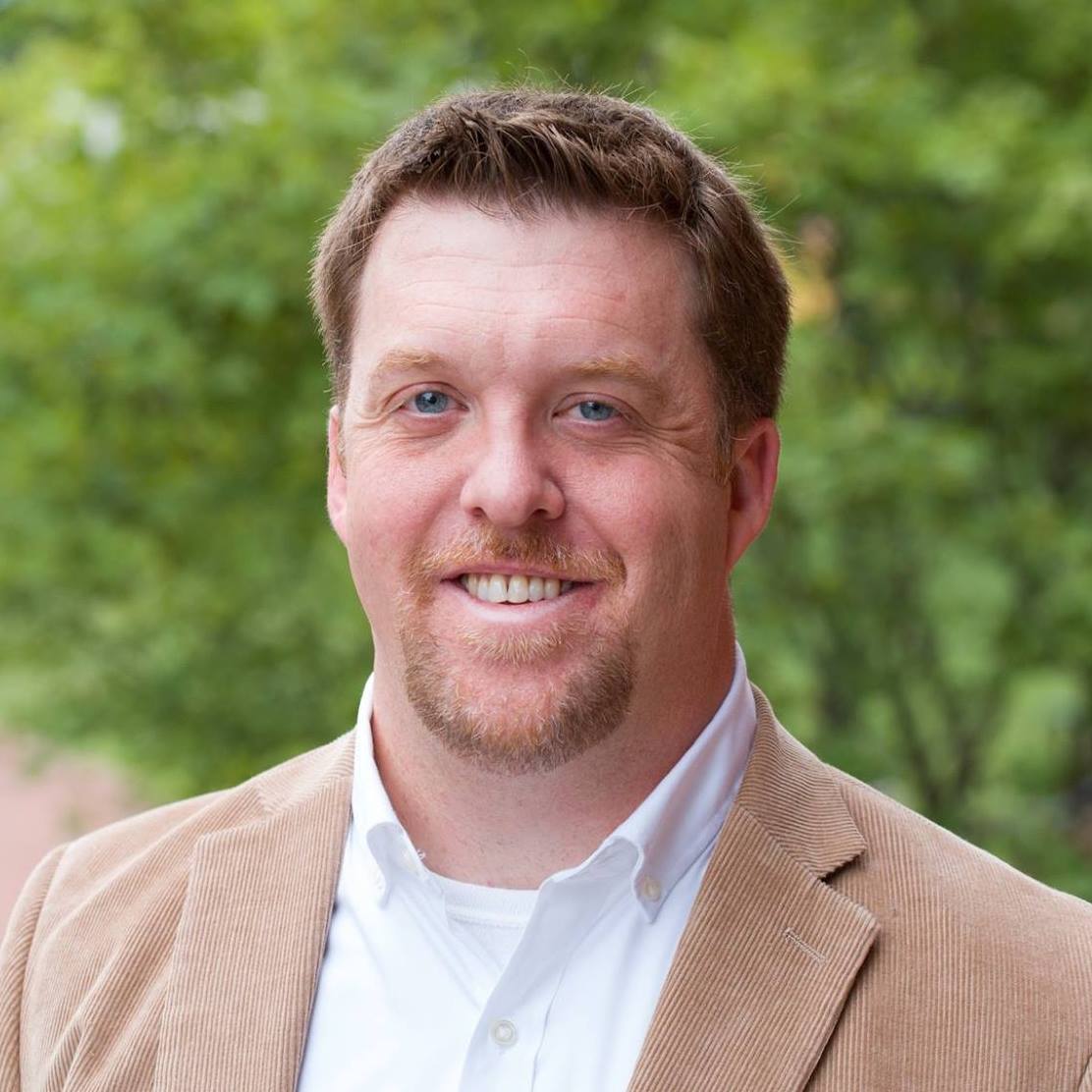
LOCATION: Georgia College and State University in Milledgeville, Georgia
Hosted by GCSU’s Center for Teaching and Learning
Cultural outing: Old Governor’s Mansion and Sallie Ellis Davis House (African American educator for the local high school for African American children.)
The Call is Coming from Inside the House: How Grades Can Undermine Learning and Jeopardize Our Students’ Wellbeing
Workshop Description: Getting a good grade is supposed to be a marker of excellence, but research shows that grades diminish our intrinsic motivation and emphasize the outcome rather than the process that leads to what researchers refer to as deep learning. Grades also mirror and magnify many of the systemic inequities that are a part of higher education. Further still, rates of anxiety and depression have spiked dramatically, and academic stress tied to grades is a leading cause of this escalation. In this workshop, Eyler will offer a range of strategies we can try, both in our classrooms and at the institutional level, in order to be more equitable in our classrooms by mitigating the damaging effects of grades.
Author Bio: Josh Eyler is Director of Faculty Development and Director of the Thinkforward Quality Enhancement Plan at the University of Mississippi, where he is also on the faculty in the Department of Writing and Rhetoric. He previously worked on teaching and learning initiatives at Columbus State University, George Mason University, and Rice University. His research interests include the biological basis of learning, evidence-based pedagogy, and disability studies, and he is the author of How Humans Learn: The Science and Stories behind Effective College Teaching (WVU, 2018). Josh is a frequent speaker at colleges and universities across the country, and he often consults with centers for teaching and learning on a range of issues related to programming and research. You can contact Josh at jreyler@olemiss.edu or at @joshua_r_eyler on Twitter.
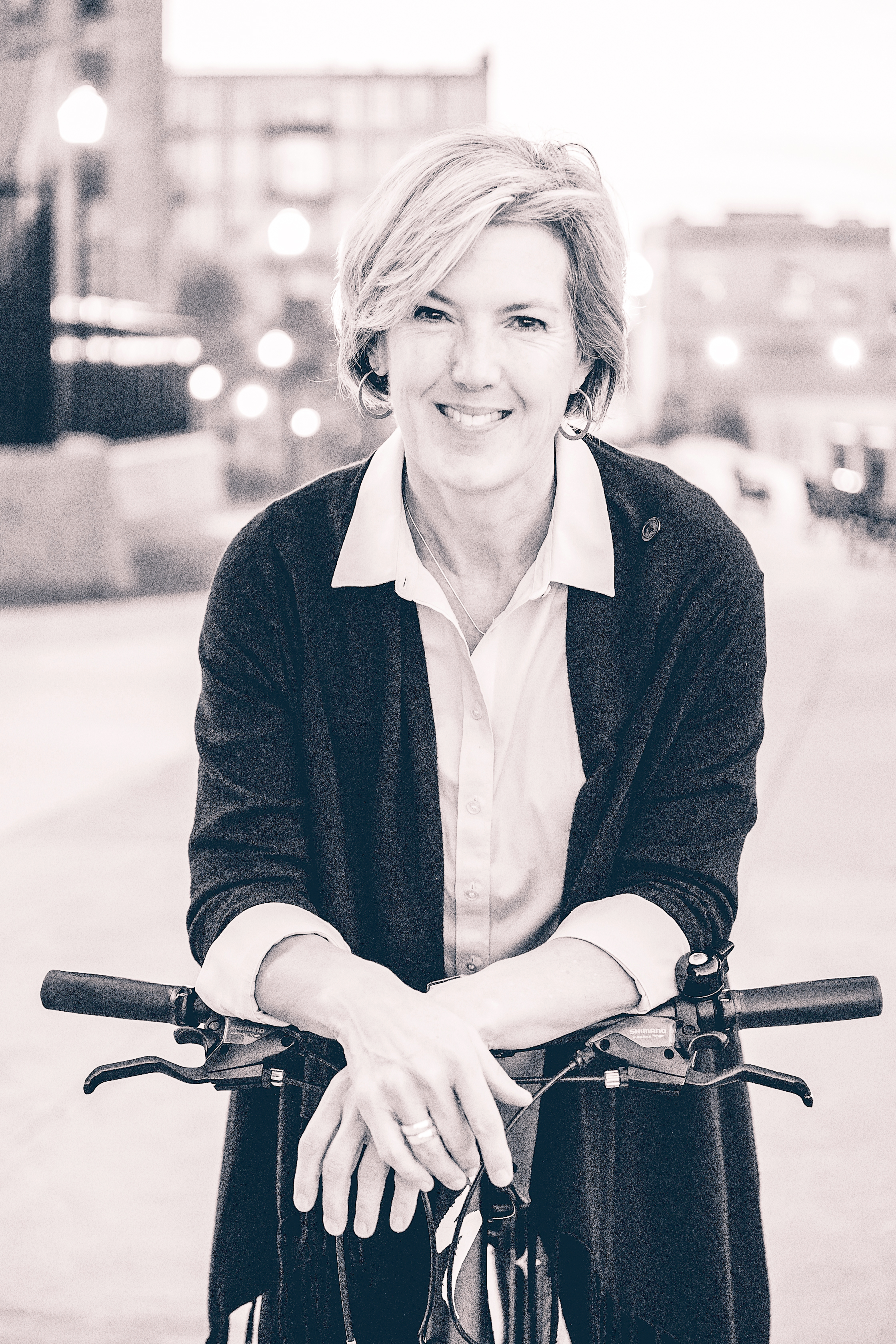
LOCATION: University of West Georgia in Carrollton, Georgia
Hosted by UWG’s Center for Teaching and Learning
Cultural outing: Center for the Arts Exhibit
No More Brains on Sticks: Leveraging the Body for Learning
Workshop Description: Doing is believing. Physically interactive learning leverages human sociality, which fosters belonging and offers us a diversity of perspectives to gain understanding. In this workshop, participants will engage in brief activities as simple as breathing and stretching together as a means to explore the body/mind connection and restore cognitive bandwidth. When your students are physically engaged in a learning activity, they’re not dozing in their seats or checking their phones. Participants will take away from this event a variety of embodied, physical strategies to integrate into disciplinary content.
Author Bio: Dr. Susan Hrach (rahk) is director of the Faculty Center for the Enhancement of Teaching and Learning and professor of English at Columbus State University, where she teaches composition, literature, and translation studies. Her research interests include experiential learning and the impact of nature on cognitive functioning; she is the author of Minding Bodies: How physical space, sensation, and movement affect learning (WVU Press, 2021). The University System of Georgia recognized Susan’s commitment to raising intercultural awareness among her students with the Regents’ Scholarship of Teaching and Learning Award in 2013. You can contact Susan at hrach_susan@columbusstate.edu or at @susanhrach on Twitter.
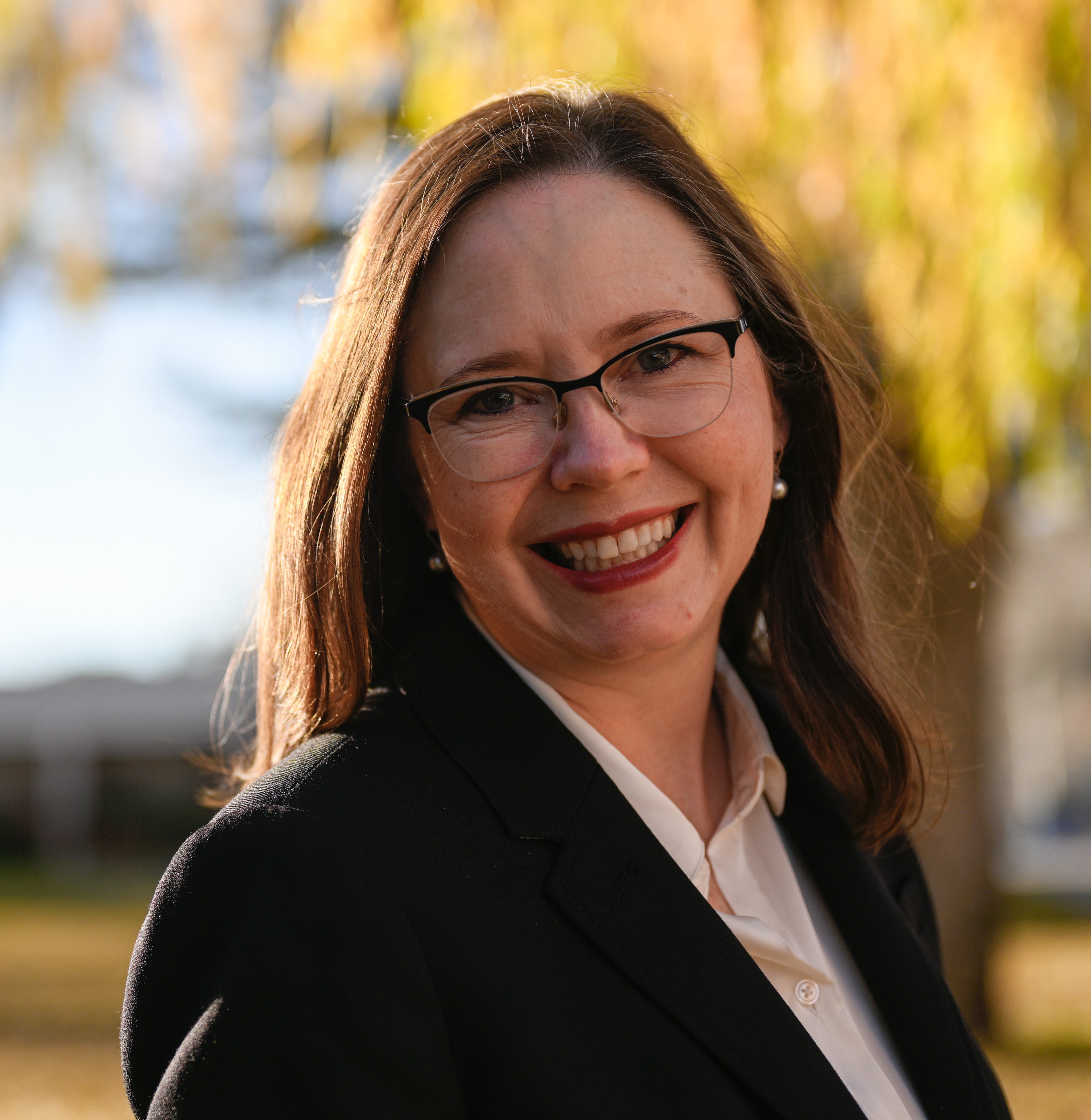
LOCATION: Savannah State University in Savannah, Georgia
Hosted by SSU’s Center for Teaching and Faculty Development
Cultural outing: Flannery O’Connor Childhood Home
You Must Remember This: Why Memory is (Still) Important for Learning and How to Build It Through Our Teaching
Workshop Description: Today’s faculty are wary of over-emphasizing memory and memorization in their courses. This aversion reflects a wide variety of valid concerns, from the wish to nurture higher thinking skills, to resisting a culture of over-testing in K-12 education, to repudiation of an outdated and hierarchical “banking” model of learning. However, neglecting or avoiding memory in our teaching creates missed opportunities to take advantage of new research on the importance of developing a knowledge base during learning. It also sets students up to fail in situations where relying on the Internet for information is impractical. This workshop challenges common myths and misconceptions about memory and learning, reviews provocative new research linking memory to thinking skills, and offers techniques and technologies that help students develop a solid base of knowledge.
Author Bio: Dr. Michelle D. Miller is a Professor of Psychological Sciences and President’s Distinguished Teaching Fellow at Northern Arizona University. Dr. Miller completed her Ph.D. in cognitive psychology and behavioral neuroscience at the University of California, Los Angeles. Her research interests include memory, attention, and the impacts of technology on learning and on the mind.
Dr. Miller is the author of Minds Online: Teaching Effectively with Technology (Harvard University Press, 2014), Her latest book is titled Remembering and Forgetting in the Age of Technology: Teaching, Learning, and the Science of Memory in a Wired World, coming out in 2022 with West Virginia University Press.
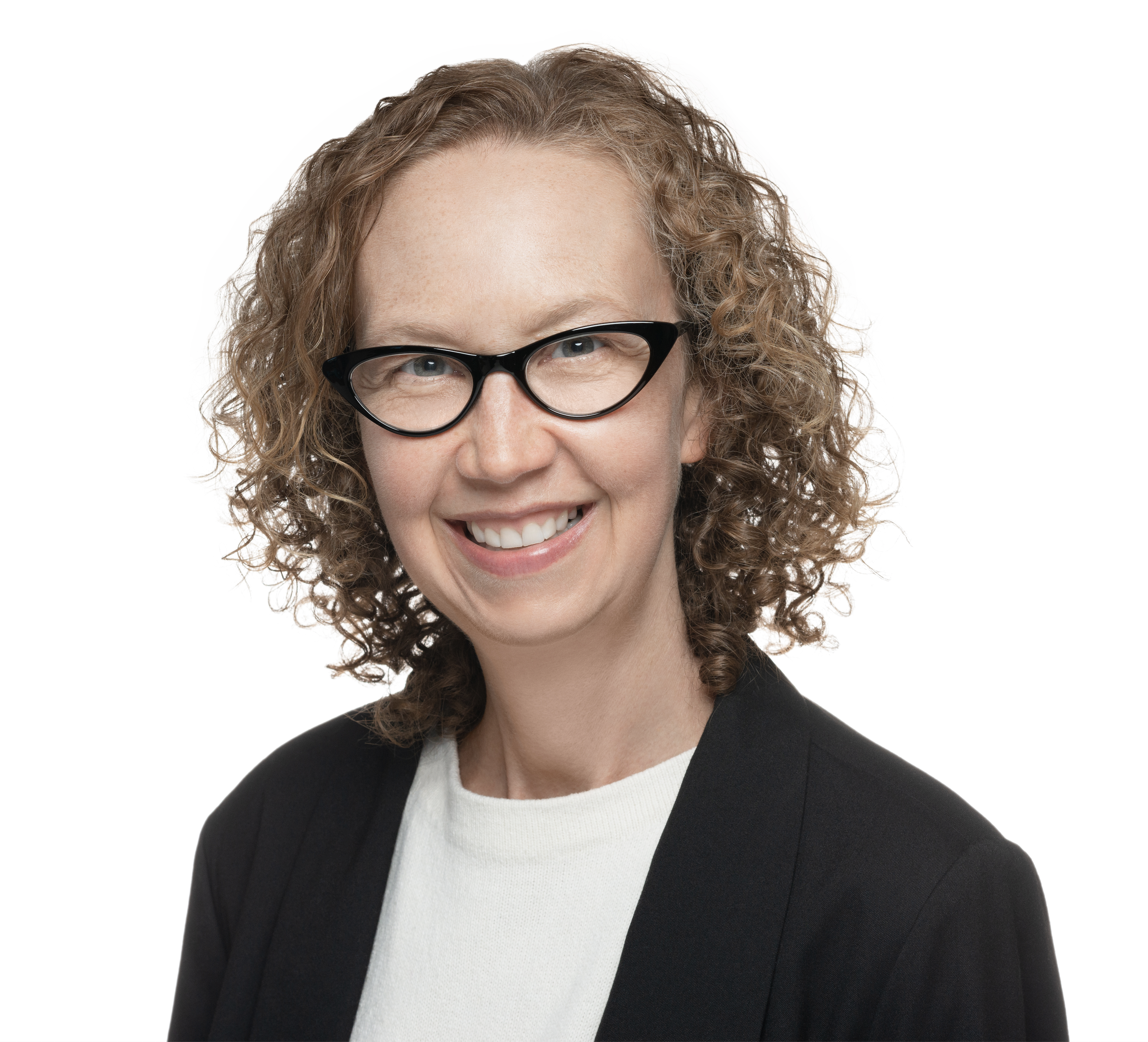
LOCATION: Valdosta State University in Valdosta, Georgia
Hosted by VSU’s Center for Excellence in Learning and Teaching
Cultural outing: Copeland African American Museum.
How to People: Classroom Community-Building Strategies for Introverts and Intellectuals
Workshop description: As a nerdy bookworm, confirmed introvert, and passionate educator, I am constantly challenged to move out of my comfort zone (i.e. reading quietly by myself) to make positive, productive connections with my students and to facilitate class interactions that inspire learning. No matter what the modality—face to face, hybrid, teleconferencing, or asynchronous—students must make connections to the course content, to other students, and to their instructor in order to learn how to do things. In this presentation I address some of the key issues for faculty who want to help students make those essential connections. Aimed at educators who sometimes struggle with the emotionality of teaching and learning and/or are feeling utterly depleted and burned out from years of unprecedented emotional labor, I detail some practical, sustainable ways to foster a learning community, provide instructor presence, create effective, clear lines of communication, and encourage student success.
Author Bio: Jessamyn Neuhaus is a professor of U.S. history and popular culture at SUNY Plattsburgh and Interim Director of the Plattsburgh Center for Teaching Excellence. Recipient of the SUNY Chancellor’s Award for Excellence in Teaching, she is the author of Geeky Pedagogy: A Guide for Intellectuals, Introverts, and Nerds Who Want to be Effective Teachers (West Virginia University Press) and editor of the forthcoming anthology Picture a Professor: Intersectional Teaching Strategies for Interrupting Bias about Faculty and Increasing Student Learning (WVUP). In addition to two historical monographs—Manly Meals and Mom’s Home Cooking: Cookbooks and Gender in Modern America (Johns Hopkins University Press) and Housework and Housewives in American Advertising: Married to the Mop (Palgrave Macmillan)—Jessamyn has published pedagogical, historical, and cultural studies research in numerous anthologies and journals. She regularly gives presentations and workshops on teaching, and as an advocate for scholarship on teaching and learning that celebrates infinite diversity in infinite combinations, Jessamyn’s mission as an educational developer is to help faculty nerd out about teaching and to use their big smart brains for increasing pedagogical self-efficacy. Visit her website geekypedagogy.com and find her on Twitter @GeekyPedagogy.
The cost of attending a Regional Event is $30. There is a $10 cancellation fee for the regional events, but if you would like to substitute an attendee in your place without penalty, please contact Kristine Kobylus. Cancellation deadline is March 11. Substitution deadline is March 31.